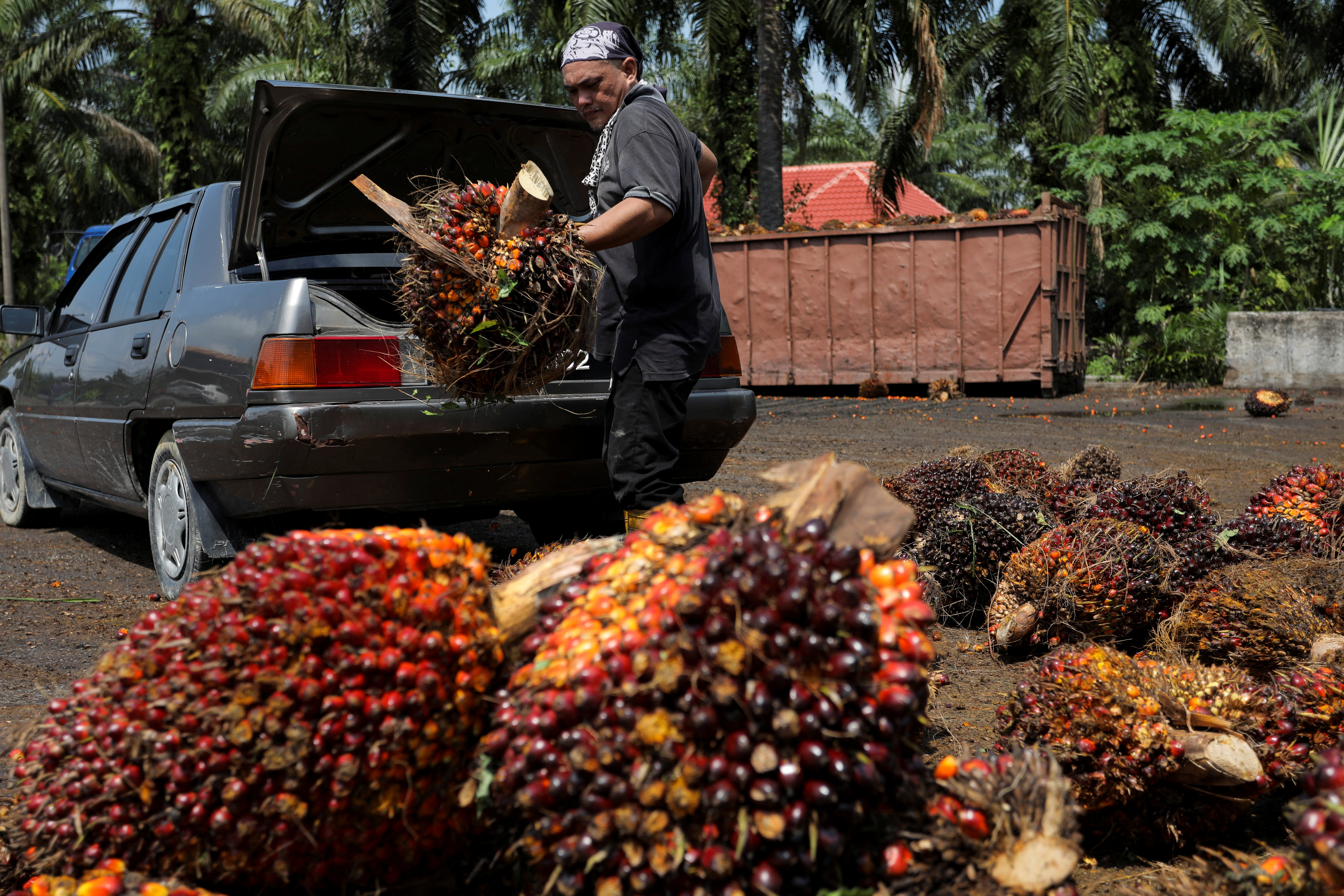Image: Reuters Berita 24 English - Companies in Malaysia , ranging from palm oil plantations to semiconductor manufacturers, are cancelling ...
Berita 24 English - Companies in Malaysia, ranging from palm oil plantations to semiconductor manufacturers, are cancelling orders and forgoing billions in sales due to a scarcity of more than a million workers, which threatens the nation's economic recovery.
Despite the COVID-19 recruitment freeze being lifted in February, Malaysia has not seen a major return of migrant workers due to sluggish government approvals and protracted negotiations with Indonesia and Bangladesh over worker safeguards, according to industry groups, companies, and diplomats.
The export-dependent Southeast Asian nation, a crucial link in the global supply chain, relies on millions of immigrants for manufacturing, plantation, and service sector jobs that locals refuse because they are dirty, dangerous, and challenging.
As economic growth accelerates, manufacturers, who account for about a quarter of the GDP, fear losing consumers to other nations.
Soh Thian Lai, president of the Federation of Malaysian Manufacturers, which represents over 3,500 companies, stated, "Despite the greater optimism in outlook and growth in sales, certain companies are significantly hindered in their ability to fill orders."
Carl Bek-Nielsen, chief executive officer of oil palm grower United Plantations, stated that palm oil cultivators are on the verge of collapse.
"The situation is severe and comparable to playing a football game against 11 opponents with only seven players," he remarked.
Malaysia lacks at least 1.2 million workers in manufacturing, plantation, and construction, a deficit that worsens daily as demand rises because to the decline of the virus, according to government and industry data.
The palm oil business claims a deficit of 120,000 workers, chipmakers lack 15,000 and are unable to meet demand despite a global chip shortage, and medical glove manufacturers indicate a need for 12,000 workers.
The Malaysian manufacturing Purchasing Managers' Index decreased to 50.1 in May from 51.6 in April, narrowly remaining in expansion, as the industry lost the most jobs since August 2020, according to S&P Global data.
Wong Siew Hai, president of the Malaysia Semiconductor Business Association, states that chipmakers are turning away clients, locals are uninterested in working in the industry, and those who do join depart within six months.
The palm oil industry, which contributes 5% to Malaysia's GDP, predicts that 3 million tonnes of crop could be lost this year due to unharvested fruit rotting, resulting in losses of over $4 billion. If the labour crisis remains, the rubber glove business anticipates a revenue loss of $700 million in 2018.
WORKERS' RIGHTS
The Ministry of Human Resources of Malaysia, which is responsible for certifying the intake of foreign employees, did not respond to Reuters' requests for comment on the labour shortage and its economic impact.
In April, Minister M. Saravanan said that enterprises had requested to hire 475,000 migrant workers, but the ministry had only accepted 2,065, rejecting some requests due to insufficient information or noncompliance with laws.
Diplomats from Indonesia and Bangladesh, two of Malaysia's largest sources of foreign labour, warned Reuters that workers' rights were delaying the recruitment of migrant labourers.
Bangladesh signed an agreement to send workers to Malaysia in December, but implementation has been delayed due to Dhaka's objections to Malaysia's proposed hiring process, citing concerns that the plan could result in increased costs for the workers and debt bondage, according to a Bangladeshi diplomatic source.
Imran Ahmed, Bangladesh's minister for expatriate welfare and foreign employment, stated, "Our first priority is the welfare and rights of our workers." "We are ensuring that they receive standard earnings, adequate housing, minimal migration costs, and all other forms of social security."
He told Reuters that Dhaka does not want workers to become trapped in a cycle of debt, and that Malaysia intends to hire 200,000 Bangladeshi workers within the next year.
In the past two years, the United States has banned seven Malaysian corporations for allegedly using forced labour.
Saravanan, who was in Dhaka at the beginning of this month, stated that Malaysia has assured the Bangladeshi government that it would offer higher wages and worker protection. He has refuted allegations that the hiring procedure was defective.
Last week, Saravanan stated that the administration was finalising technical matters, recruitment procedures, and agreements with certain source countries.
In recent bilateral discussions, Indonesia's ambassador to Malaysia, Hermono, who, like many Indonesians, goes by a single name, stated that worker protection concerns were raised.
($1 = 4.3880 ringgit)





